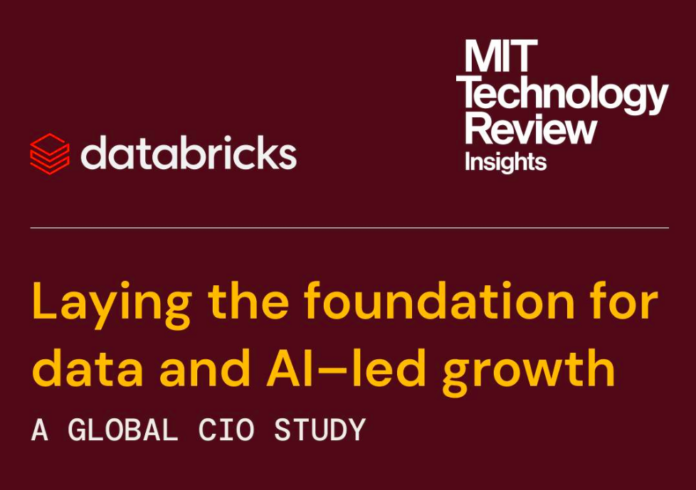The Asia-Pacific region and Japan are at an inflection point in the adoption of artificial intelligence, and Singapore is emerging as one of the fastest adopters of generative AI, according to a new report by MIT Technology Review Insights.
Prepared in collaboration with Databricks, the report is based on a global survey of 600 CIOs, CTOs, CDOs and technology leaders for large public and private sector organisations, of which over 200 are from the APAC and Japan region, and features in-depth interviews with C-level executives.
Among the organisations represented are ADP, Condé Nast, Databricks, Dell Technologies, General Motors, Razorpay, Regeneron Genetics Center, Starbucks, and the US Transportation Security Administration.
Survey results show that 53% of surveyed executives from Singapore are currently experimenting, and 37% are at the adoption stage.
“CIOs and CDOs are doubling down on their investments to ensure they have the right data strategy and talent in place to benefit from AI,” said Ed Lenta, SVP and general manager of APAC and Japan at Databricks.
“We know that today’s early movers will be tomorrow’s AI winners,” Lenta said. “Success, however, requires a world where everyone in an organisation can use AI irrespective of whether their language of choice is Python, SQL, or English.”
Findings also revealed that 81% of survey respondents expect AI to boost efficiency in their industry by at least a quarter in the next two years. One-third say the gain will be at least half.
Also, CIOs are doubling down on their investments in data and AI. Faced with new competitive pressures and an unprecedented speed of innovation, technology leaders need their data and AI assets to deliver more growth to the business than ever before.
Every organisation surveyed will boost spending on modernising data infrastructure and adopting AI during the next year, and for nearly half (46%), the budget increase will exceed 25%.
In addition, executives seek governance frameworks that can provide data accuracy and integrity as well as data privacy and security, with 60% of respondents say a single governance model for data and AI is “very important.”
Further, 88% of surveyed organisations are using generative AI, with 26% investing in and adopting it and another 62% experimenting with it.
The majority (58%) are taking a hybrid approach to developing these capabilities, using vendors’ large language models (LLMs) for some use cases and building their own models when IP ownership, privacy, security, and accuracy requirements are tighter.
In Singapore, 60% of firms are opting for a buy-and-build approach, and 20% chose build-only LLMs.
When asked how their company’s data strategy needs to improve, the largest share of respondents (39%) say investing in talent and upskilling the workforce.
An even larger share (72%) say it will be “very important” to encourage innovation that will help attract and retain talent.
Nearly three-quarters of surveyed organisations have adopted a lake house architecture, and almost all of the rest expect to do so in the next three years.
Survey respondents say they need their data architecture to support streaming data workloads for real-time analytics (a capability deemed “very important” by 72%), easy integration of emerging technologies (66%), and sharing of live data across platforms (64%).
Almost all (99%) of lakehouse adopters say the architecture is helping them achieve their data and AI goals, and 74% say the benefits are “significant.”
“Strategic investments, consolidation efforts, and dedication to governance and democratisation of AI are not merely choices — they are imperatives for success,” said Laurel Ruma, global director of custom content for MIT Technology Review.
















